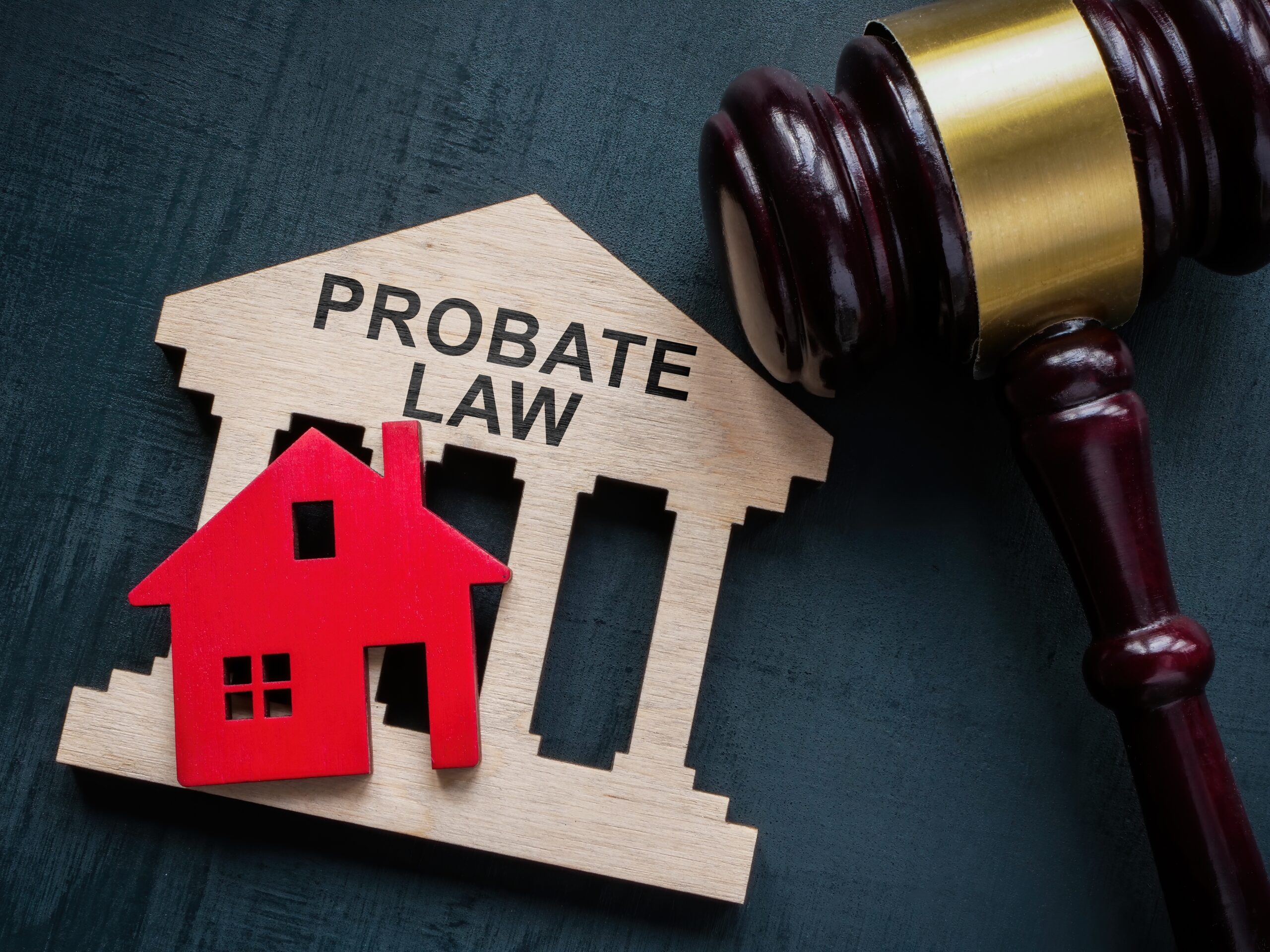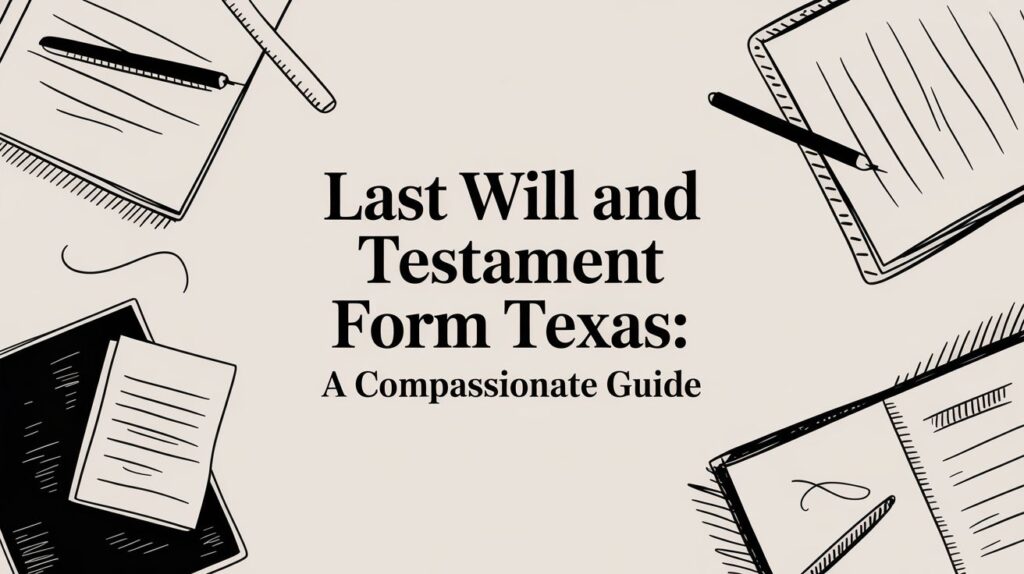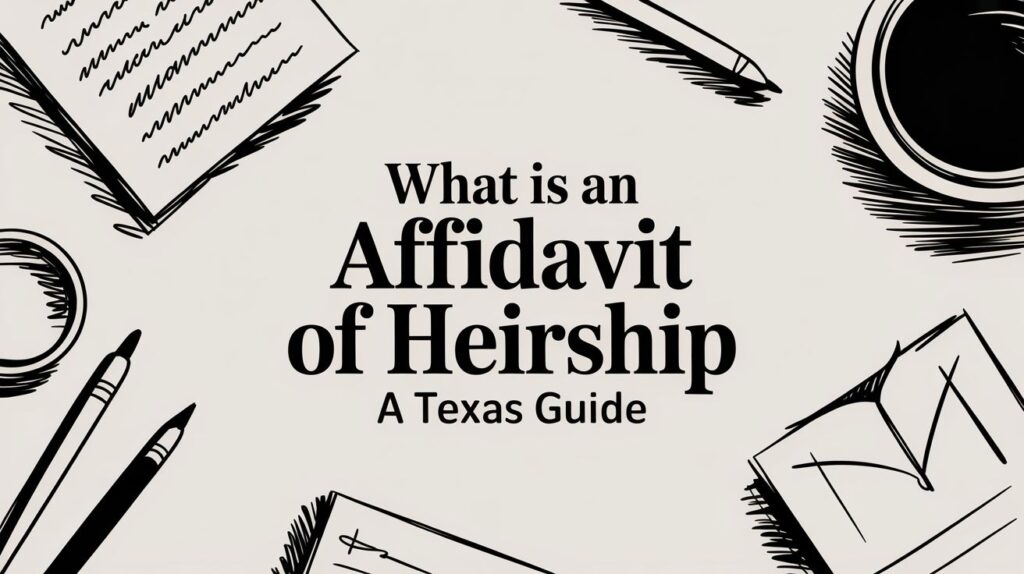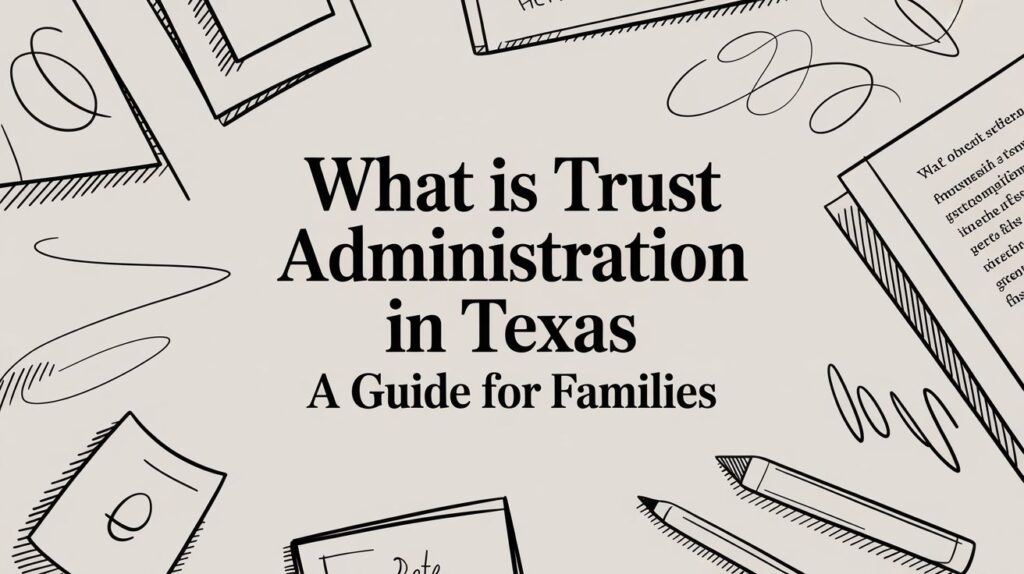Probate is never a simple process, especially when emotions run high and the family isn’t on the same page. If you’ve recently lost a loved one and now find yourself tangled in legal arguments over wills, heirs, or executors, you’re likely dealing with a contested probate case. And trust us—this is where things can go from complicated to explosive very quickly.
In this article titled “Understanding Contested Probate Cases in Court,” we’ll walk you through the contested probate cases process step by step. You’ll learn how these disputes begin, what typically sparks them, who has the right to challenge a will, what evidence courts prioritize, and how these cases usually end. Along the way, we’ll bring it to life with real-world stories that reveal both the emotional stakes and legal intricacies.
So if you’re feeling uncertain, overwhelmed, or simply trying to figure out your next move, don’t worry. This guide is designed to strip away legal jargon and help you take control of one of the most misunderstood corners of estate law—the contested probate cases process.

What Is a Contested Probate Case?
The Basics of a Legal Dispute Over an Estate
A contested probate case begins when someone formally disputes part—or all—of a will or the estate’s administration. That challenge may center around the will’s validity, allegations of executor misconduct, or heated disagreements over asset distribution.
Common reasons include:
- Accusations that the will was forged or signed under duress
- Disputes about the deceased’s mental capacity
- Heirs being excluded or receiving unequal shares
- Allegations of fraud, manipulation, orundue influence
- Questions about how the executor is managing assets
These disputes often turn deeply personal, with family members testifying against each other. By understanding the contested probate cases process, you’ll be better equipped to protect yourself legally while navigating the emotional minefield.
Real Story: Two Brothers, One Will, and a Family Feud
Jason and Derek were close growing up. However, when their father passed away and left a handwritten will naming Derek as the sole beneficiary, Jason felt blindsided. He suspected their father was mentally unfit when writing the new will, especially since an older version had split everything equally.
Determined to challenge it, Jason hired an attorney and filed a formal will contest. That decision launched a full-blown contested probate case. His legal team gathered medical records, deposed caretakers, and even hired a handwriting expert to question the document’s legitimacy.
After six months of courtroom arguments and discovery, the judge ruled that the newer will lacked validity due to mental incapacity. As a result, the estate was divided based on the older will.
Jason’s case underscores how emotionally charged—and legally intense—the contested probate cases process can become when trust and legacy collide.
Who Can Contest a Will?
Not Everyone Has Legal Standing
When it comes to challenging a will, not just anyone can walk into court and file a complaint. The law reserves this right for individuals who have a direct financial or legal interest in the estate’s outcome.
This group generally includes:
- Heirs-at-law, such as spouses, children, or parents, who would inherit if no will existed
- Named beneficiaries in prior wills who were later excluded
- Creditors, in rare cases, if they have unresolved claims against the estate
- Guardians or conservators acting on behalf of minors or incapacitated individuals
If you don’t fall into one of these categories, the court is likely to dismiss your claim early. This rule prevents frivolous cases and ensures the contested probate cases process remains grounded in legitimate legal concerns.
Grounds for Contesting a Will
The Legal Reasons Behind a Challenge
Courts don’t entertain will contests based on family drama or hurt feelings. To challenge a will, you must present valid legal grounds, supported by credible evidence.
These include:
- Lack of testamentary capacity, claiming the deceased was not of sound mind when drafting the will
- Undue influence, where someone pressured or manipulated the testator for personal gain
- Fraud or forgery, suggesting the will was not genuinely created or signed by the deceased
- Improper execution, meaning the will lacked proper signatures or witnesses
- Multiple conflicting wills, creating confusion about which document reflects true intent

Each of these claims demands clear evidence. This is where the contested probate cases process often shifts into a detailed and technical courtroom battle.
How the Contested Probate Cases Process Unfolds
A Step-by-Step Look at What to Expect
If you’re about to challenge a will—or defend one—it helps to understand what lies ahead. Here’s how the contested probate cases process usually unfolds:
- Filing the Objection – A formal objection is submitted to probate court.
- Notifying Interested Parties – All heirs, beneficiaries, and the executor receive legal notice.
- Discovery Phase – Both sides gather documents, emails, financial records, and medical history.
- Depositions and Hearings – Witnesses are questioned under oath to uncover key facts.
- Mediation or Settlement – Parties may try to negotiate outside court to avoid trial.
- Trial – If no resolution is reached, the case proceeds to trial, where a judge (or jury) hears the arguments.
- Court Decision – The judge issues a ruling that either upholds or invalidates the will in question.
Depending on the complexity, this process can stretch from months to several years. Planning ahead for this timeline helps you conserve emotional energy and stay legally prepared.
How Courts Decide Contested Probate Cases
It All Comes Down to Evidence
Judges aren’t swayed by emotion; they rely on hard evidence. That’s why a strong case demands more than just a heartfelt story.
Courts typically weigh:
- Medical records that show the deceased’s mental clarity—or lack thereof
- Expert testimony, including physicians and handwriting analysts
- Witness statements from people close to the decedent
- The will’s contents and context, including who wrote and signed it
- Evidence of manipulation, like isolation or sudden changes in inheritance patterns
The side that best presents a clear, consistent timeline with documented proof usually prevails. For this reason, having an experienced attorney who understands the nuances of the contested probate cases process is crucial.
Can Contested Probate Cases Be Avoided?
Sometimes—With Smart Planning
While not every conflict can be prevented, many contested probate cases stem from avoidable issues. Proper estate planning reduces confusion and resentment.
Here’s how to minimize risk:
- Draft a legally valid and clear will with attorney oversight
- Update it regularly to reflect life changes
- Communicate your intentions with your family
- Include a no-contest clause to deter frivolous challenges
- Use a living trust to bypass theprobate process entirely

Even with the best planning, there’s no absolute guarantee. However, these steps drastically reduce the odds of courtroom chaos after your passing.
Real-Life Story: The Contest That Tore a Family Apart
Lily and Steven, cousins who had grown up like siblings, watched their relationship unravel after their wealthy aunt died. To everyone’s surprise, her final will left everything to Steven, excluding Lily entirely—even the heirlooms she had always been promised.
Feeling betrayed, Lily filed a will contest, accusing Steven of undue influence. The case dragged on for more than a year, bringing in expert witnesses, forensic handwriting analysis, and bitter depositions.
Although the court ultimately ruled in Steven’s favor, the legal process permanently fractured the family. Sadly, the contested probate cases process doesn’t just reshape estates—it can change relationships forever.
When You Should Hire a Probate Attorney
Don’t Go It Alone
The legal system isn’t designed for solo navigation—especially in emotionally charged disputes like these. If you’re involved in a will contest, hiring a probate litigation attorney is one of the smartest decisions you can make.
You need professional guidance if:
- You suspect fraud or coercion in the will
- Someone accuses you of executor misconduct
- You were promised an inheritance that has vanished
- The estate involves high-value or complicated assets
- Legal threats are already flying within your family
An attorney will help you collect documents, structure arguments, and defend your rights within the contested probate cases process.
How Much Do Contested Probate Cases Cost?
The Emotional and Financial Price Tag
Contesting a will isn’t cheap—and neither is defending one. Before you proceed, make sure you’re prepared for the financial commitment.
Costs can include:
- Attorney’s fees, billed hourly or as a percentage of the estate
- Court filing costs, which vary by county
- Expert witness fees, including doctors and analysts
- Costs for discovery, such as subpoenas and document review
- Personal costs, like time missed from work or therapy for emotional stress

In some situations, courts allow fees to be paid from the estate—but not always. Make sure your decision is driven by both principle and practicality.
Final Thoughts: Understanding Contested Probate Cases in Court
The death of a loved one is already one of life’s most painful experiences. When you add disputes over money, property, and final wishes, the fallout can be devastating. But you don’t have to walk into probate court blindly.
By understanding the contested probate cases process, you’ll be equipped with the legal knowledge, emotional preparedness, and strategic mindset to either defend a legacy or challenge one with purpose.
These battles are rarely easy—but with the right support, you can honor the past while protecting your future.








